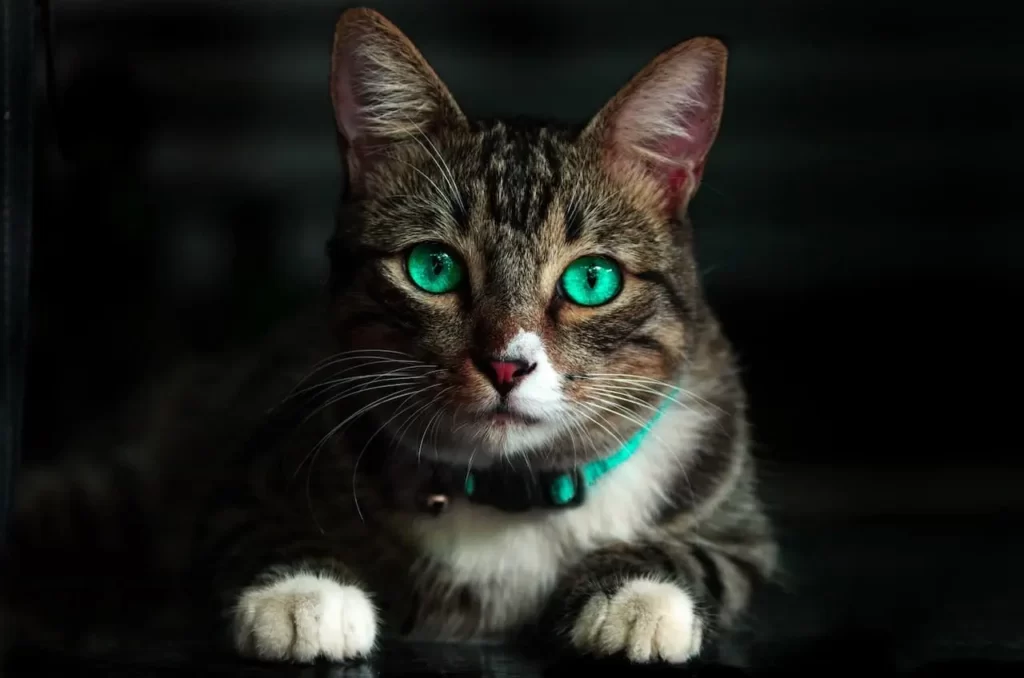It can be shocking to suddenly get a quick “thwack” from your cat’s paw. While it might feel like a personal attack, cat slapping is a common behavior with several logical explanations.
Common Reasons Why Cats Slap
Cats use their paws to communicate everything from excitement to anger. Here are the main reasons they might slap you:
1. Playfulness
Kittens and young cats use their paws to practice hunting. If they slap you during a play session, they likely view your moving hands or feet as “prey.” They don’t usually mean to hurt you; they are just following their instincts.
2. Seeking Attention
Sometimes a cat slaps you simply because it works. If they want food, pets, or play, a quick tap on your arm is a guaranteed way to get you to look at them.
3. Overstimulation
Have you ever been petting your cat when they suddenly turn and slap you? This is often “petting-induced aggression.” Cats have sensitive skin, and sometimes too much touching becomes physically irritating or overwhelming for them.
4. Fear or Anxiety
If a cat feels cornered or startled by a loud noise or a sudden movement, they may slap as a defensive reflex. It is their way of saying, “Back up, I don’t feel safe.”
5. Redirected Frustration
If your cat sees a bird outside or another cat through a window but can’t reach them, they may become frustrated. If you walk by during this time, they might take that pent-up energy out on you.
Watch for the Warning Signs
Most cats give “warning signals” before they actually strike. Watch for these body language cues:
- The Tail: A twitching or lashing tail (wagging back and forth quickly).
- The Ears: Ears flattened back against the head (often called “airplane ears”).
- The Skin: Fur twitching or “rippling” along the back.
- The Eyes: Wide, dilated pupils.
How to Prevent the Slap
To reduce this behavior, try these simple strategies:
- Respect Boundaries: If your cat’s tail starts twitching while you pet them, stop immediately and give them space.
- Use Toys, Not Hands: Never use your bare hands to play with your cat. Always use “wand” toys or kickers so they learn that paws belong on toys, not skin.
- Keep Them Busy: Bored cats are more likely to act out. Provide scratching posts, climbing trees, and daily play sessions to burn off energy.
- Reward Good Behavior: Use treats to reward your cat when they interact calmly or play gently.
What to Do If It Happens
If your cat slaps you, stay calm. 1. Don’t Hit Back: Yelling or hitting will only make your cat more afraid or aggressive.
2. Walk Away: Immediately stop all interaction. This teaches the cat that slapping results in their “playmate” leaving.
3. Check for Health Issues: If a normally sweet cat suddenly starts slapping frequently, they may be in pain. Consult a vet to rule out medical problems.


